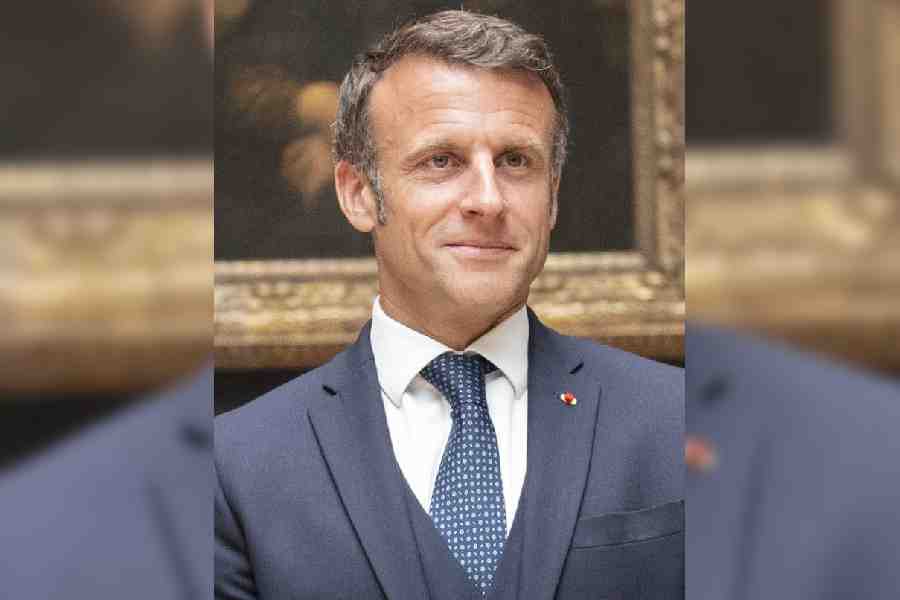France appears to be headed for a prolonged period of political uncertainty after voters defied the opinion polls to deny the country’s far-Right a victory in the second round of parliamentary elections on Sunday, but delivered a fractured mandate that will make government formation difficult. A loose coalition of left-wing parties, the New Popular Front, won 182 seats in a Parliament where the majority mark is 289. Ensemble, the alliance led by the incumbent president, Emmanuel Macron, came second with 163 seats, while the far-Right National Rally and its allies won 143 seats. The results will force Mr Macron to appoint a new prime minister and government, which, in turn, will require compromise among parties that have bitterly opposed one another in recent months and campaigned on dramatically different platforms on issues ranging from the climate, taxes and pensions to Israel’s war on Gaza. Jean-Luc Mélanchon, the most well-known face of the France Unbowed party that leads the NFP, has insisted that the Leftist bloc be called to form the government but has rebuffed any negotiation that could force the grouping to deviate from its core positions. Meanwhile, many within Mr Macron’s alliance want to avoid any partnership with Mr Mélanchon.
With presidential elections only due in 2027 and Mr Macron stating that he has no plans to quit before then, France faces the prospect of long-drawn coalition talks to form a government — and the risk that whoever takes office will lead an unsteady alliance at best. Unlike many other European nations, this is not a political landscape France is used to, making it hard to predict the implications for the world’s seventh-largest economy — except potential policy paralysis on particularly divisive domestic subjects. Mr Macron will still hold the decision-making reins on national security and foreign policy, which will offer some comfort to France’s allies and friends, including India, which counts the European nation as among its most trusted strategic partners. Yet, how he navigates the deeply divided polity could determine whether voters, clearly disillusioned with his Centrist policies, lurch more towards the Left or the Right in the coming years. The RN leader, Marine Le Pen, has received a setback in her aspirations of becoming the first French far-Right president since World War II, but her party has made major political gains in recent weeks both in the European parliamentary polls and the French vote. The next three years could determine the future of her movement — and that of France.











